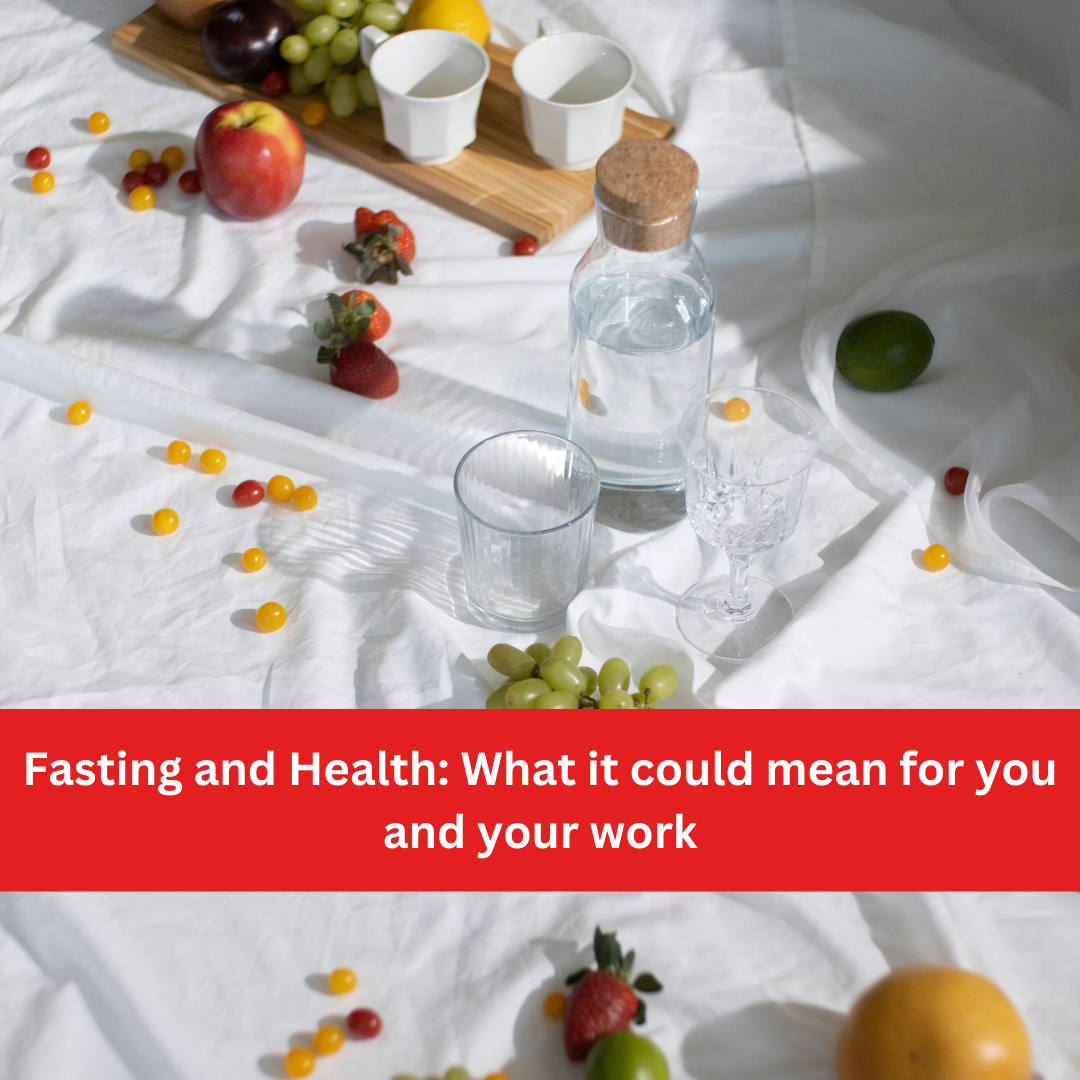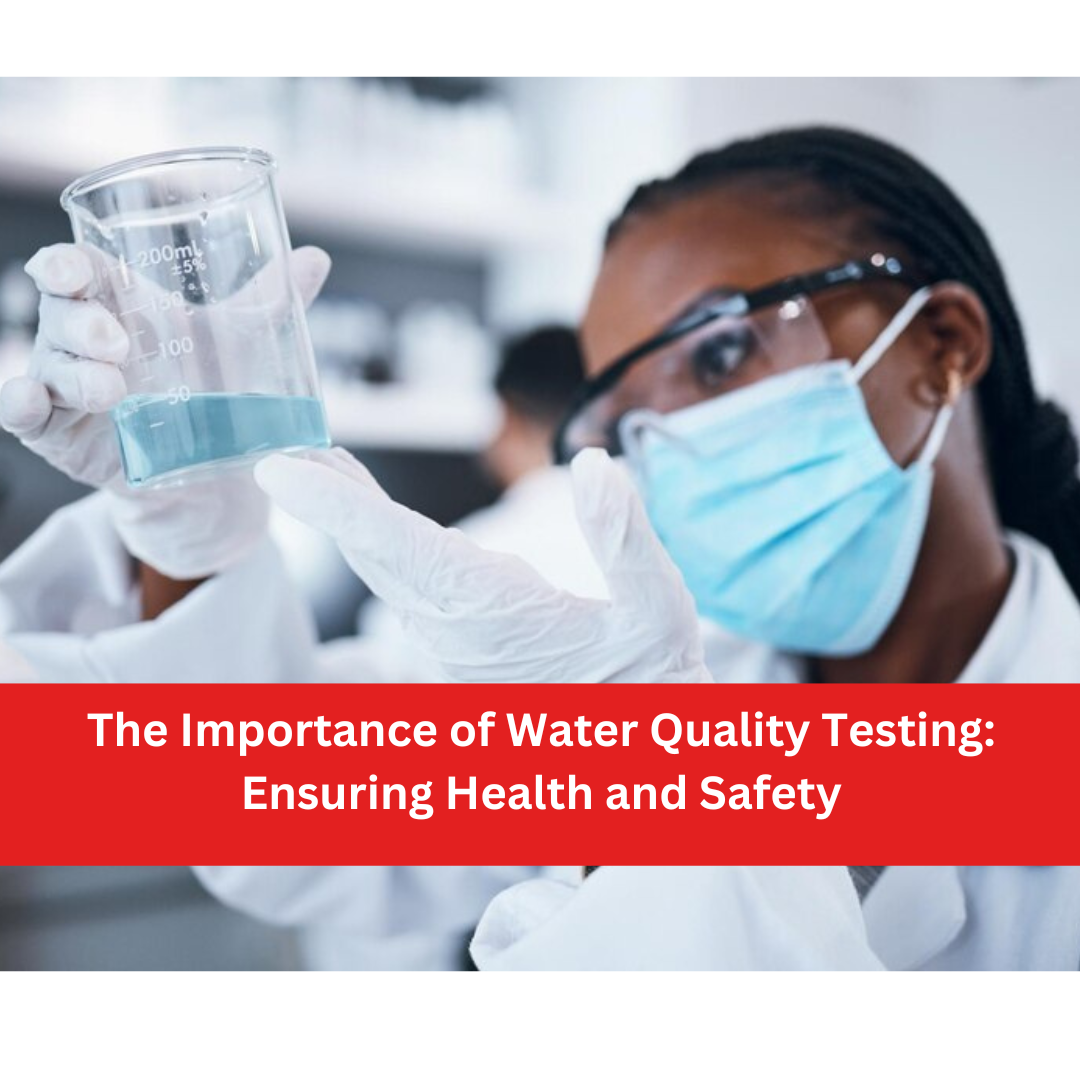
Food poisoning happens due to carelessness on the part of those handling food in the kitchen or serving it.
Most workplaces have cafeterias for their staff.
Therefore having a food poisoning free zone is paramount to your worker’s health.
There are three ways that food can be contaminated:
- Biological hazards (microorganisms) including bacteria, fungi, yeasts, mold, and viruses.
- Chemical hazards, including cleaning chemicals or foods with naturally occurring toxins, such as green potatoes
- Physical hazards.
Cross-contamination is what happens when bacteria or other microorganisms are unintentionally transferred from one object to another.
The most common example is the transfer of bacteria between raw and cooked food.
This is thought to be the cause of most foodborne Infections.
Each category can have food contaminants that are of a safety concern or of quality cancer.
Physical contaminants are any physical objects in food that are not meant to be in the food and include hair metal, glass, and insects.
Some examples are:
- Handling foods after using the toilet without first properly washing hands.
- Touching raw meats and then preparing vegetables without washing hands between tasks.
- Using an apron to wipe hands between handling different foods, or wiping a counter with a towel and then using it to dry hands
Best practices for Avoiding Cross-Contact
Ensure products containing an allergen do not come into contact with anything to be served to customers with food allergies, including other food equipment, gloves, beverage utensils, equipment, etc: Wash hands and change gloves when switching tasks and before prepping food.
Self-service areas should be monitored by a food worker who has been trained in keeping these areas safe.

To prevent food poisoning, take the following steps when preparing food:
- Carefully wash your hands often, and always before cooking or cleaning.
- Always wash them again after touching raw meat. Clean dishes and utensils that have had any contact with raw meat, poultry, fish, or eggs.
Five Things You Can Do To Prevent Infection;
- Clean Your Hands: Use soap and warm water.
- Make sure the kitchen staff clean their hands or wear gloves.
- Cover your mouth and nose
- If you are sick, avoid close contact with others.
- Get shots to avoid disease and fight the spread of infection.
- Implement a personal hygiene program.
- Remind employees to wash their hands.
- Use separate equipment.
- Clean and sanitize all work surfaces.
Here are some tips to help you reduce your risk of food poisoning at work.
- Wash your hands.
- Wash worktops.
- Wash dishcloths.
- Use separate chopping boards.
- Keep raw meat separate.
- Store raw meat on the bottom shelf.
- Cook food thoroughly.
- Keep your fridge below 5C.
Medbury cares







No Comments